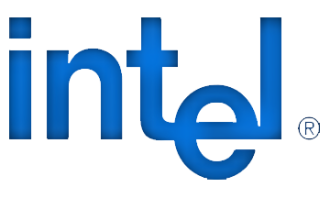 Chinese CEO and billionaire Jia Yueting, has created a storm by comparing Apple to the Nazi Party.
Chinese CEO and billionaire Jia Yueting, has created a storm by comparing Apple to the Nazi Party.
For those who are not in the know, Jia Yueting is the chairman of Leshi Television, one of the China’s most popular online video sites. Jia’s private Leshi Holding (Beijing) invests in film and TV show production.
In a weibo post, Yueting compares the attributes of the Android and iOS ecosystems as “Crowdsourced, freedom vs arrogance, tyranny”, painting Apple as the villain.
He goes on to say, “Under the arrogant regime of iOS domination that developers around the world love yet hate, we are always carefully asking, ‘is this kind of innovation okay?'”
It might be that he is wanting a reasonable debate between closed and open source, he does not seem to want to make many friends by starting the debate by invoking Godwin.
The Tame Apple Press of course is spitting blood about the comments claiming that it must be some promotional move by LeTV to enter the smartphone industry. After all the only reason people need to criticise something as perfect as Apple is for click bait or marketing,
LeTV has already announced it will be creating an electric and autonomous vehicle as well, so to the Tame Apple Press that means that Yueting wants to be Apple.
“It is rather ironic that LeTV would use the Nazi Party as a symbolism of closed source systems, when modern day China is perhaps a more usable source, with Mainland China banned from seeing anything outside the “Great Firewall” and US companies regularly attacked by Chinese regulators,” hissed David Curry on Betanews .
He then attacks Xiaomi for copying Apple’s store layouts and TV designs, perhaps forgetting that Xiaomi is not LeTV.



















